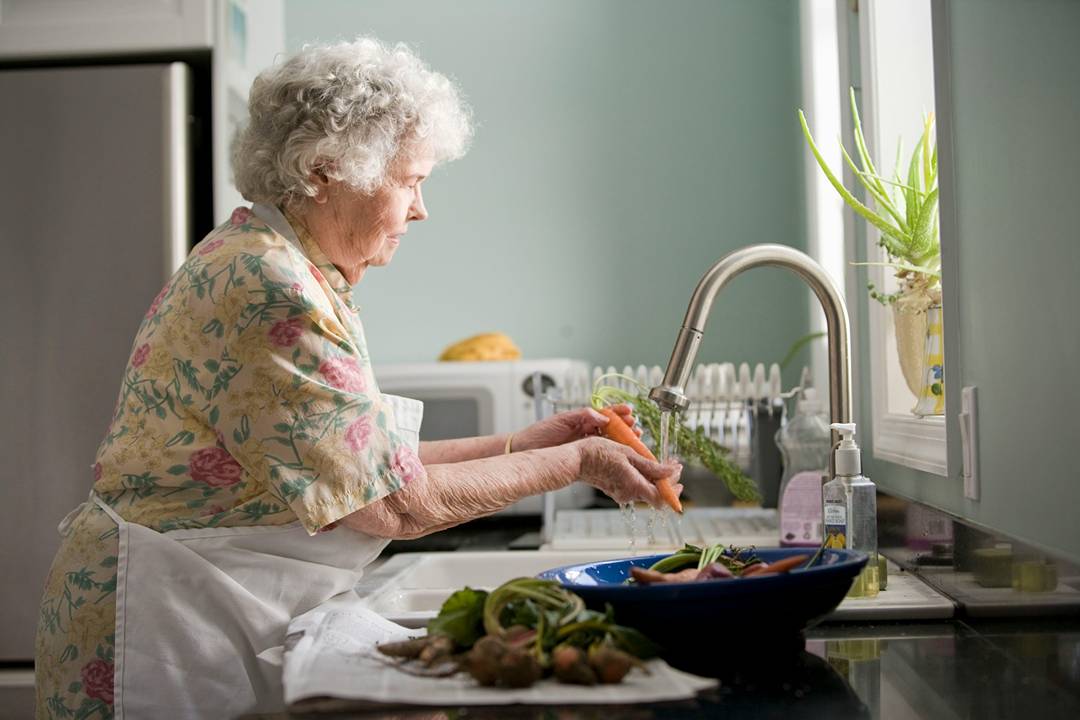
7 Signs Your Aging Parent Might Need Support at Home
Watching our parents age isn’t always easy. As our childhood heroes move slowly into senior life, it can suddenly seem as if roles are reversed. Now we must take care of our parents. However, knowing when to step in is difficult, especially given that many aging adults have a tendency to pretend everything is fine.
Many are resistant to the idea of anything that takes away their independence, so you don’t want to overstep. Fortunately, home care allows your elderly parents to stay at home while accepting help in some areas of their lives. Here are seven things to look out for that might mean it’s time to open up that discussion.
1. Struggling With Everyday Tasks
We take our ability to do everyday tasks like laundry, cooking, and cleaning for granted. However, these activities require planning, energy, stamina, flexibility, and some degree of strength. If you notice these basic routines start slipping, it could be a sign your parents need a bit of extra help.
Perhaps you see that the bins haven’t been taken out in a few days, or they’ve stopped cooking proper meals and are relying on things like toast or biscuits. This is the point many families look for ways to lighten the load, without totally taking over. For instance, providers of home care on the Gold Coast note how carers can do everything from grocery shopping to gardening.
2. Frequent or Unexplained Injuries
Issues like bruises on the arms and shins, mystery grazes, or a mention of “a little fall” are not things to idly brush off, no matter how insistent your parent is that it’s “nothing”. These red flags point to mobility issues, balance problems, or general weakness. If left unaddressed, likely, one of these falls will eventually land them in the emergency room.
With a bit of targeted movement, seniors can increase their joint stability, build strength, and regain confidence on their feet. The longevity benefits of physiotherapy are well documented. However, if your parent continues becoming increasingly unsteady and immobile, it’s time to talk about home care.
3. Memory Issues Are Becoming Extreme
It’s normal to forget where you left your glasses. It’s not normal to forget appointments, miss taking medication, or tell the same story three times in an hour. If you notice a parent becoming more forgetful in ways that impact their daily life, pay attention. It doesn’t necessarily mean dementia, there’s no need to jump to conclusions.
However, even mild cognitive decline can make managing a household dangerous. Forgetting you put the kettle on is one thing, but what if next time it’s the gas hob, or locking the door? Seemingly minor forgetfulness could pose serious fire, security, and safety risks.
4. They’ve Become Socially Withdrawn
In old age, loneliness is more dangerous than a poor diet, being obese, not doing any exercise, or having high blood pressure. It causes strokes, heart attacks, and diabetes, and can even result in an early death. A social life is more important than we realise. If your parent has stopped meeting friends or taking part in community events, it’s worth asking why.
It’s often a mix of physical limitations, low mood, grief, and a loss of confidence. These things can be addressed. Ultimately, staying connected is key to emotional well-being. Carers provide company, but they also encourage parents to get back in the game. Whether it’s bingo nights or book club, re-engaging socially can add years to your loved one’s life.
5. Their Appearance Has Changed
Changes in how a parent presents themself aren’t just about looking nice. If you notice your mum or dad wearing the same clothes every day, avoiding showers, or not shaving or brushing their hair, it could signal something’s off. Physical weight loss is also something to look out for.
Whether physical pain is getting in the way of their hygiene and grooming, or it’s something else like depression, these signs are indicators that your parent may be struggling more than they let on. Luckily, support with personal care is available through home care services in Houston. Carers give aging parents dignity by helping them wash and even doing hair and makeup. Little things like this can actually have a big impact in helping seniors feel like themselves again.
6. Mail Is Piling Up or Finances Are in Disarray
If bills are stacking up, unopened, or you find late payment notices in the mail, your parent could be having trouble keeping up with their financial responsibilities. Most of us experience money stress throughout our lives, and it’s easy to get frustrated or feel overwhelmed by the endless payments, debts, and bills to pay. Memory issues might also be a factor in missed deadlines. Home care can help bring order back to the chaos, without removing your parents’ control.
7. You Feel Constantly Worried
If you can’t shake the feeling that your parents aren’t safe by themselves, it’s okay to trust your gut. Our intuitions are often right. If the weight of constant worry is keeping you up at night, it doesn’t mean you’re being an overbearing son or daughter; you’re just looking out for their well-being. You know your parents, so when you’re feeling unsettled, it’s okay to take that seriously.
Endnote
It can be difficult for people who are used to living independently to accept help. However, gentle conversations can be fruitful, and framing home care as something that adds comfort and safety rather than control can ease resistance. It’s not about giving up, but ensuring your loved ones get to live the best quality of life for as long as possible. If you’ve noticed any of the seven signs above, it might be time to have a sincere chat.

Comments (0)